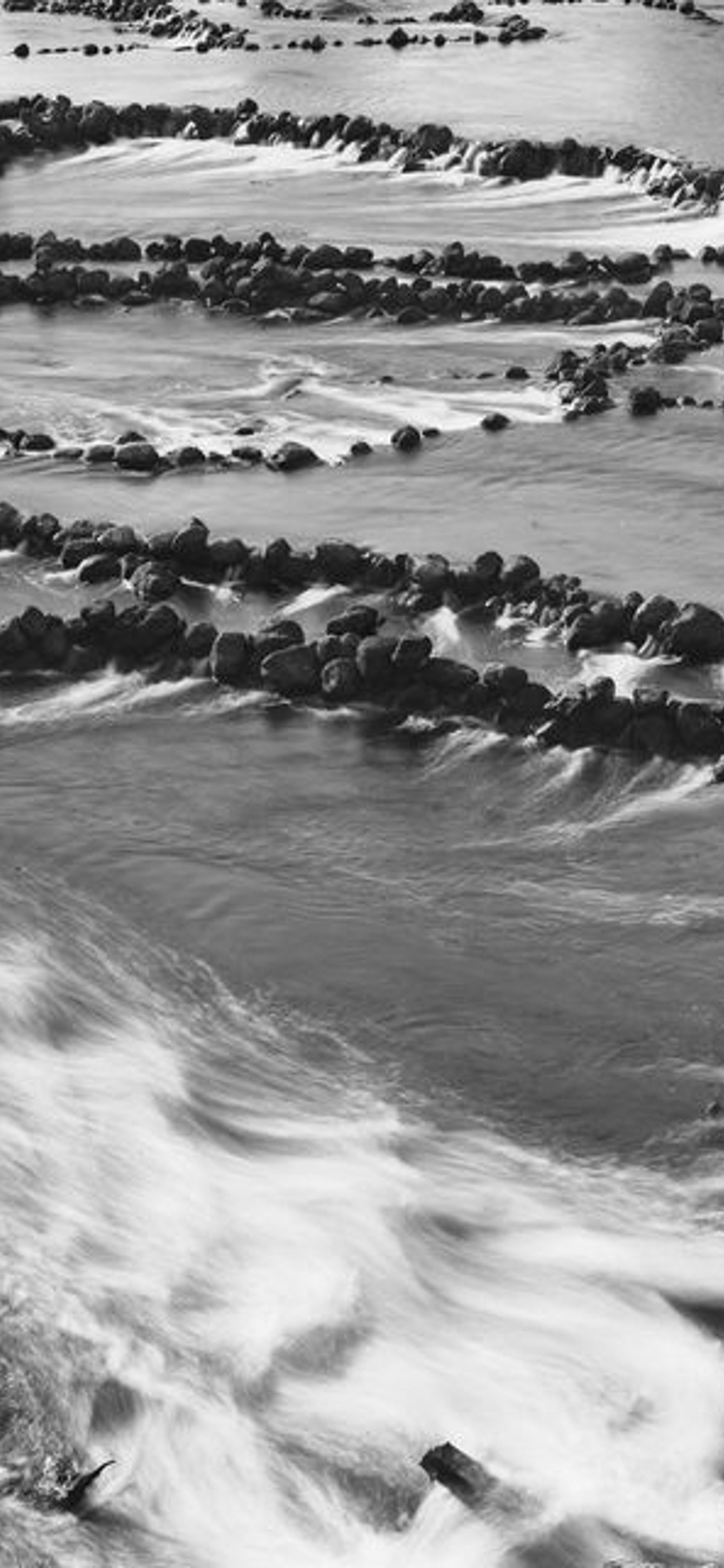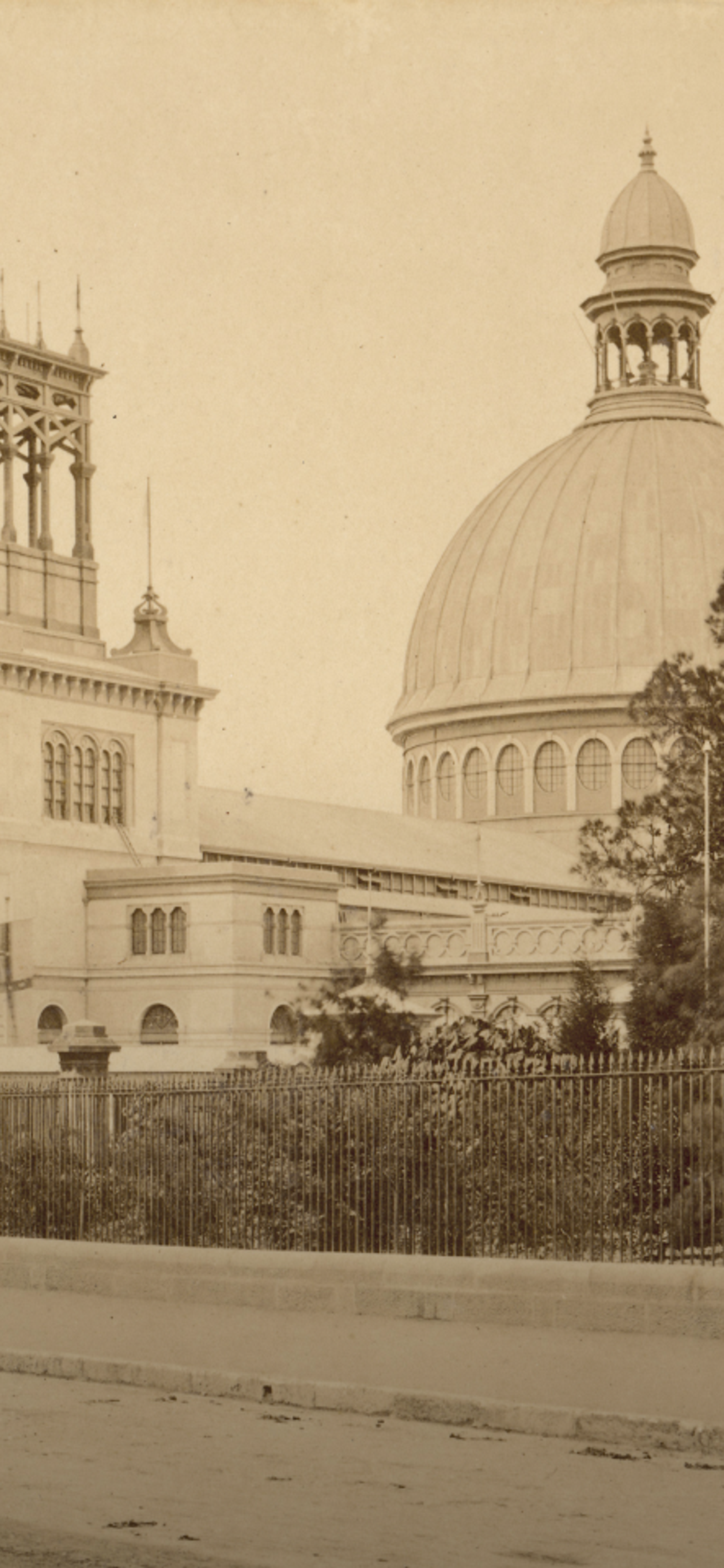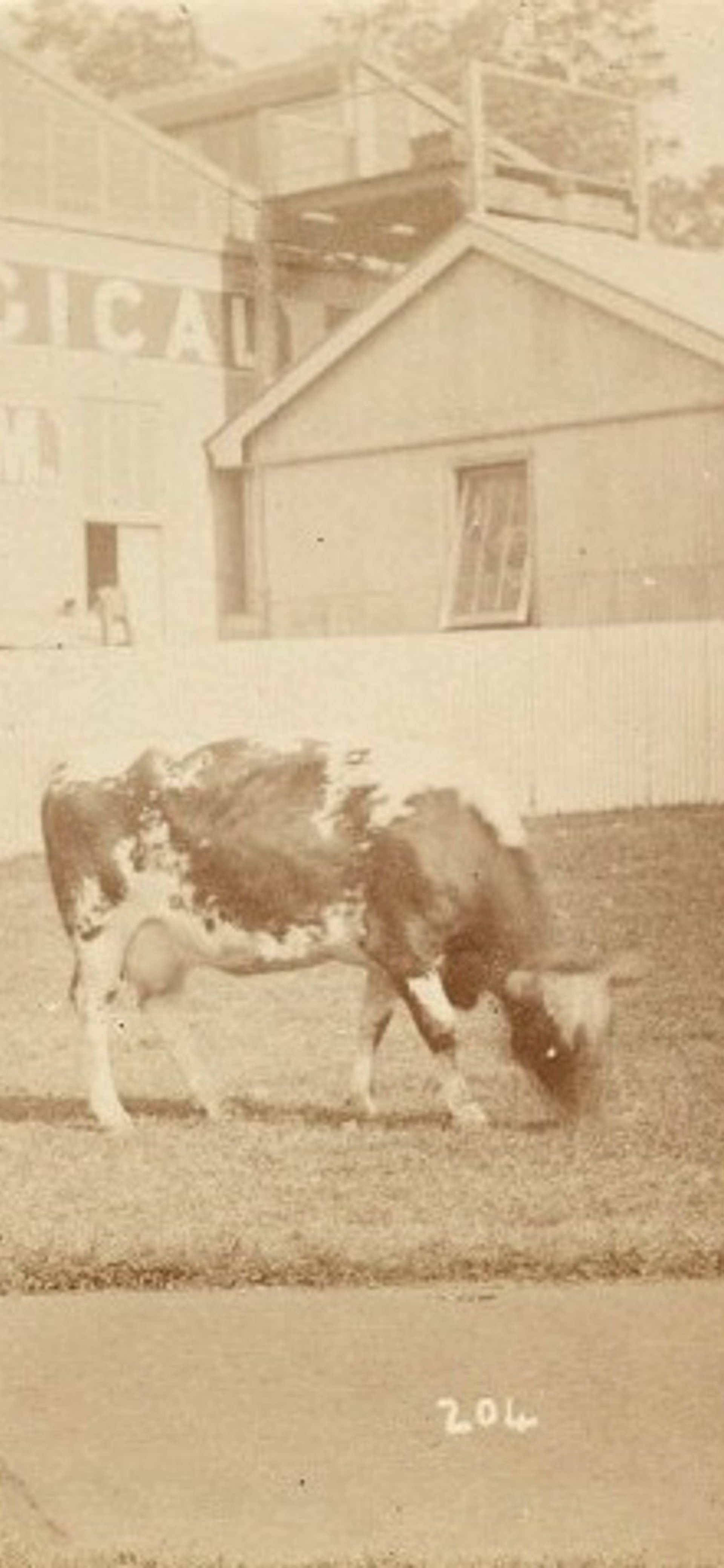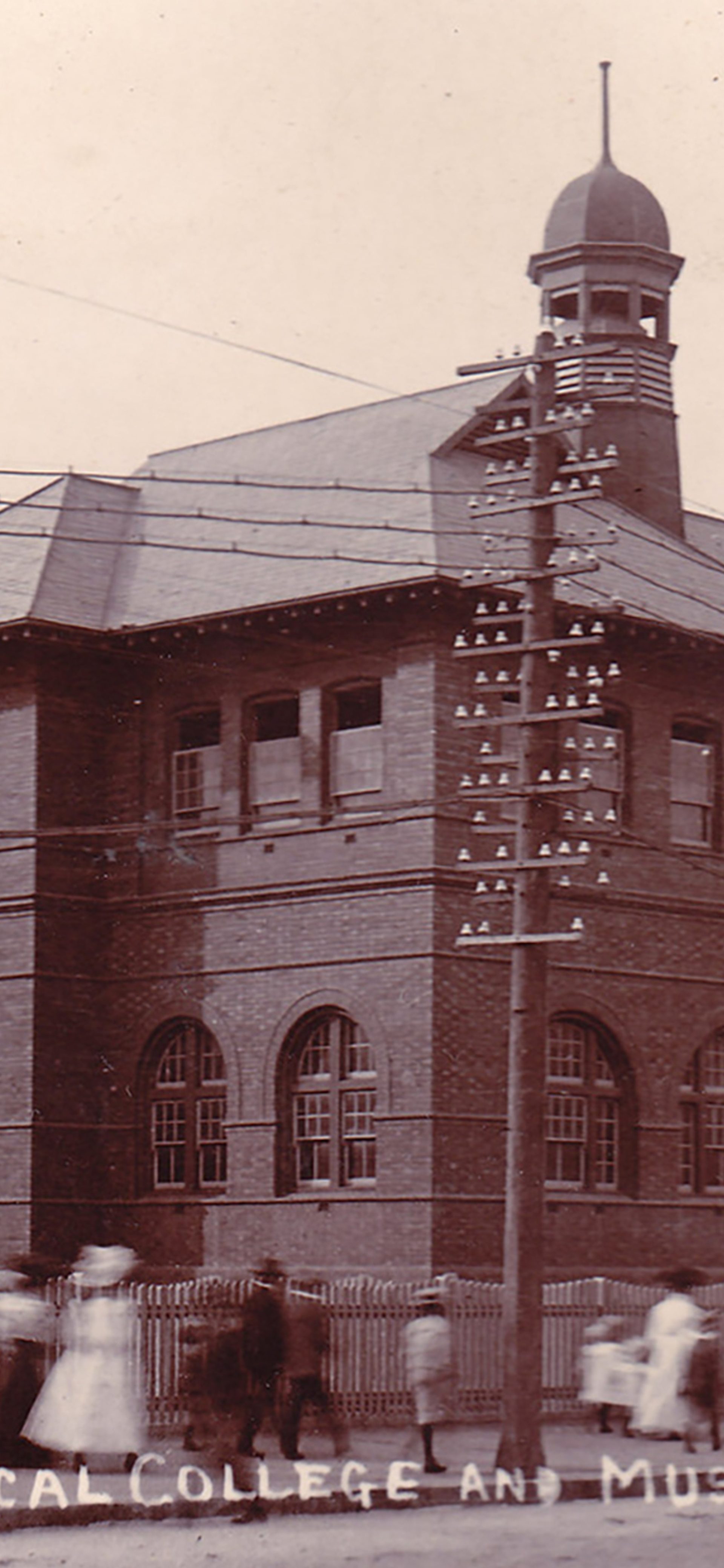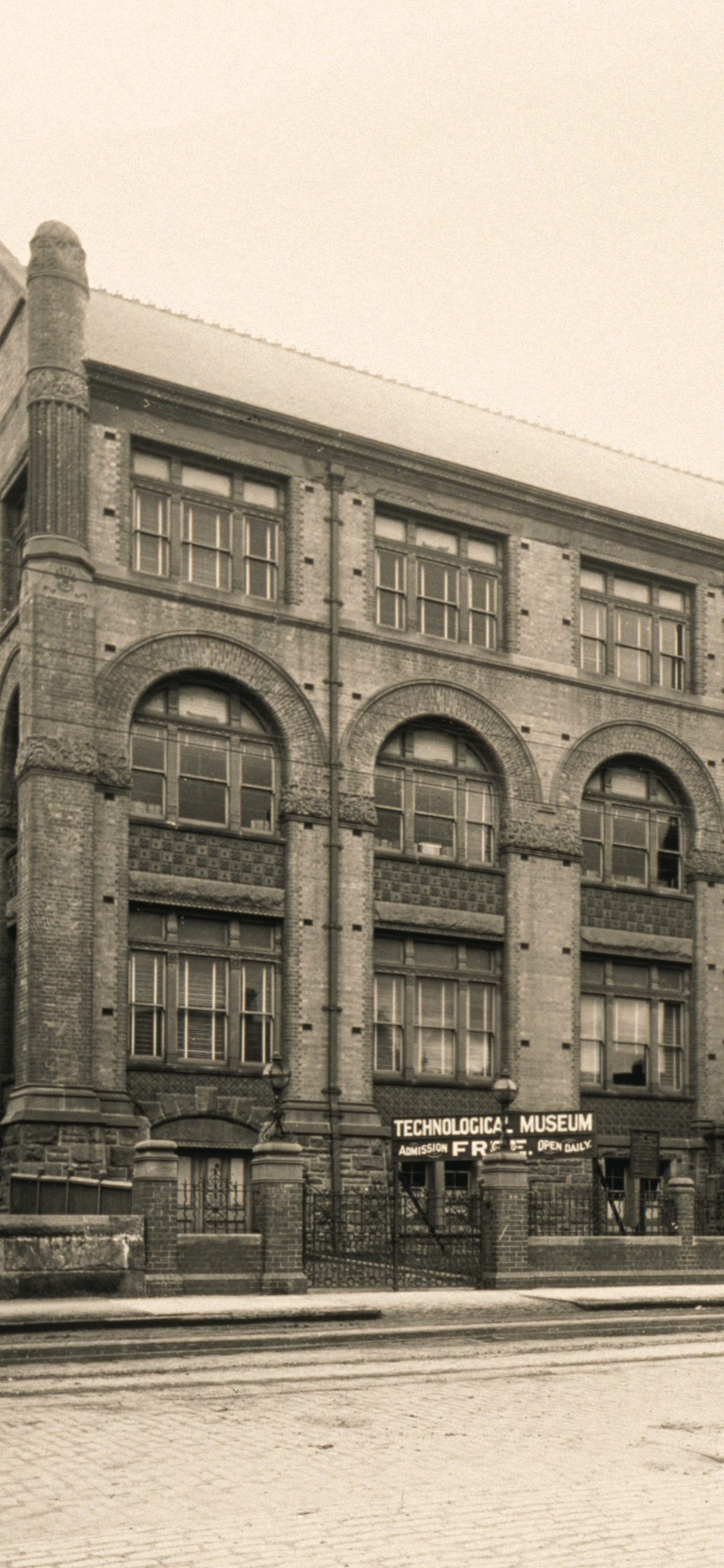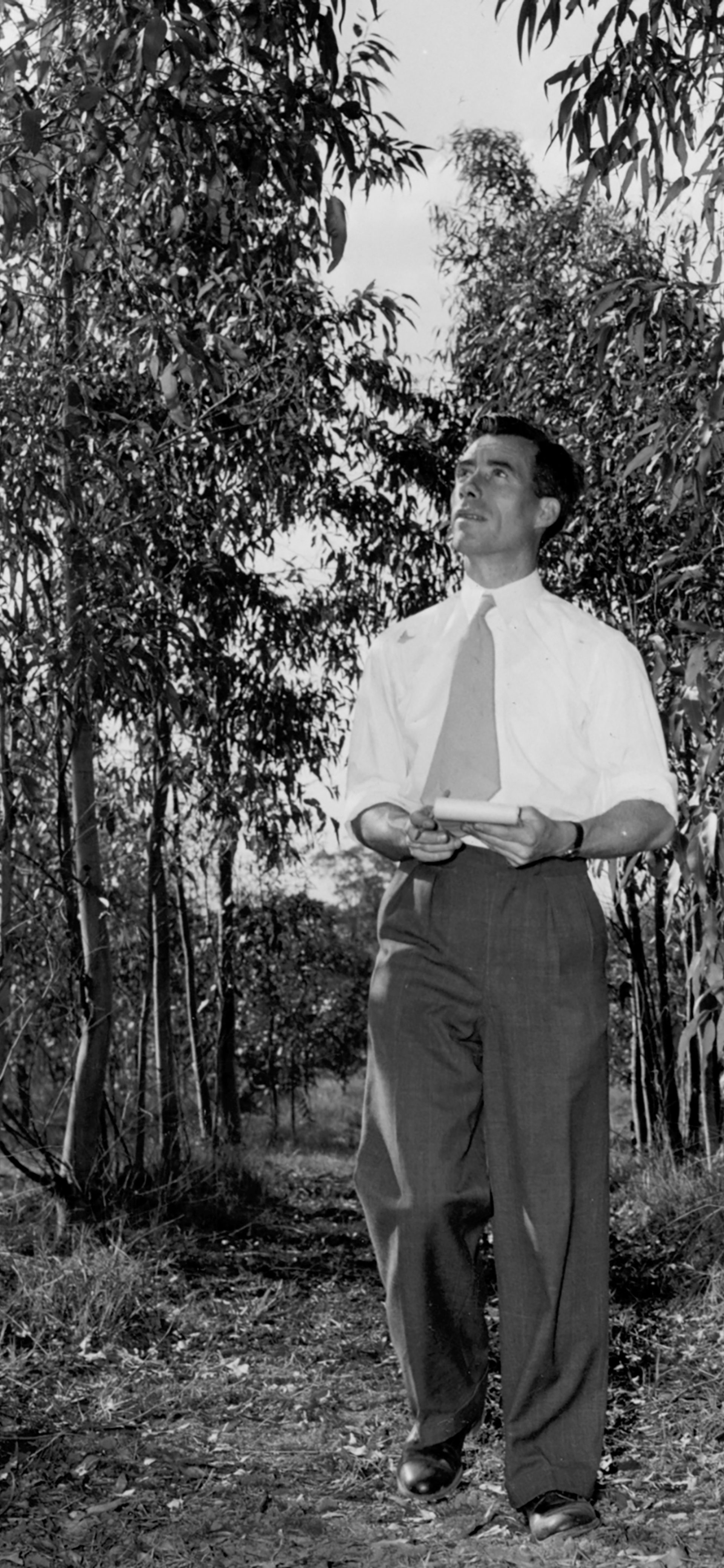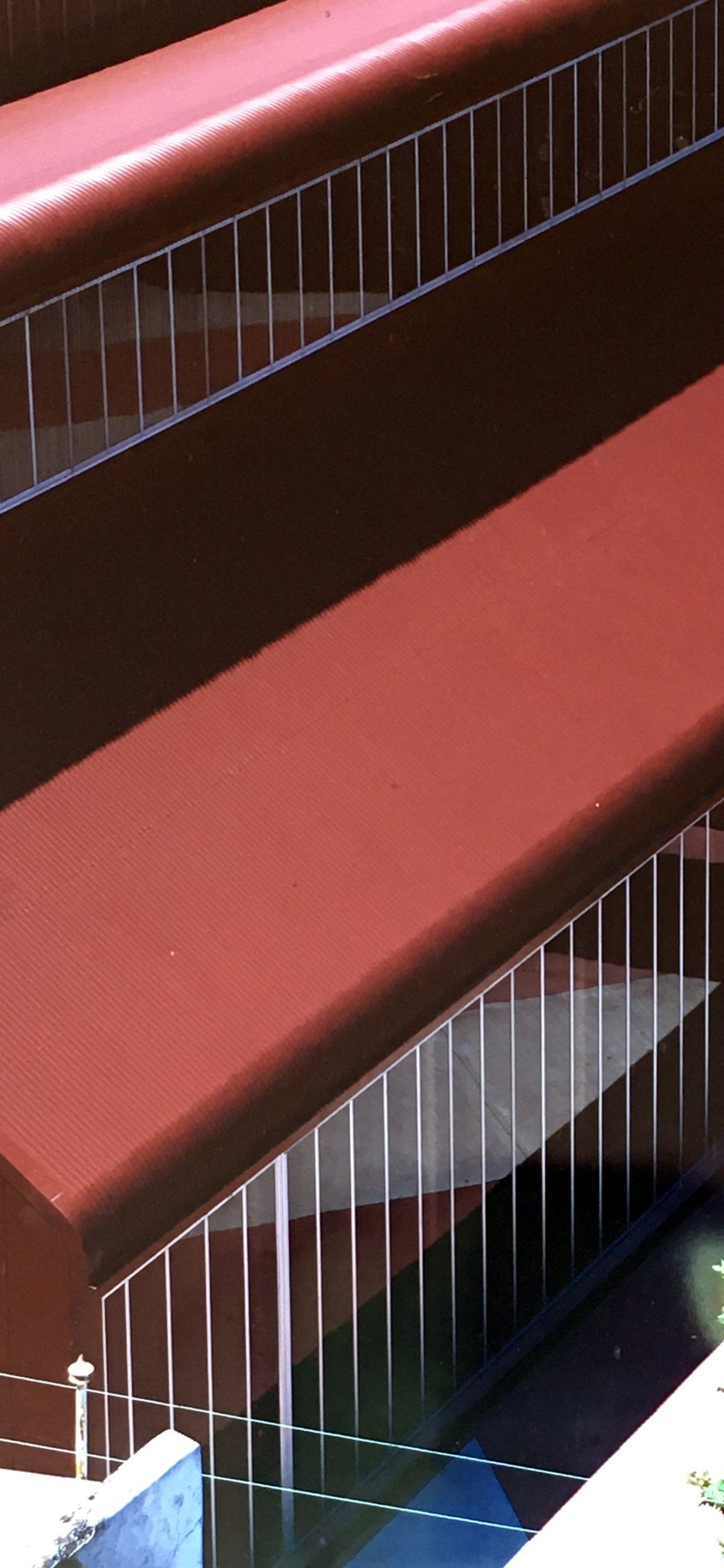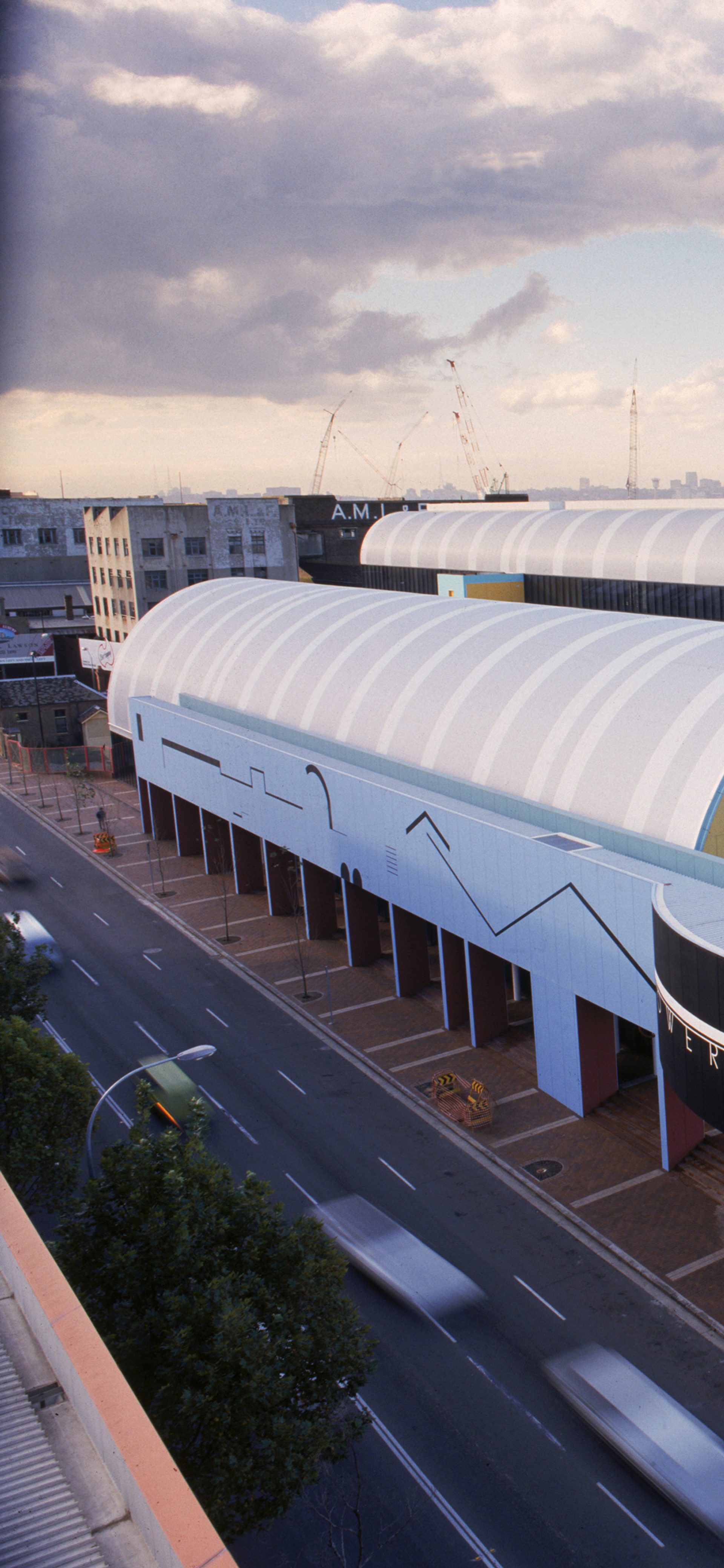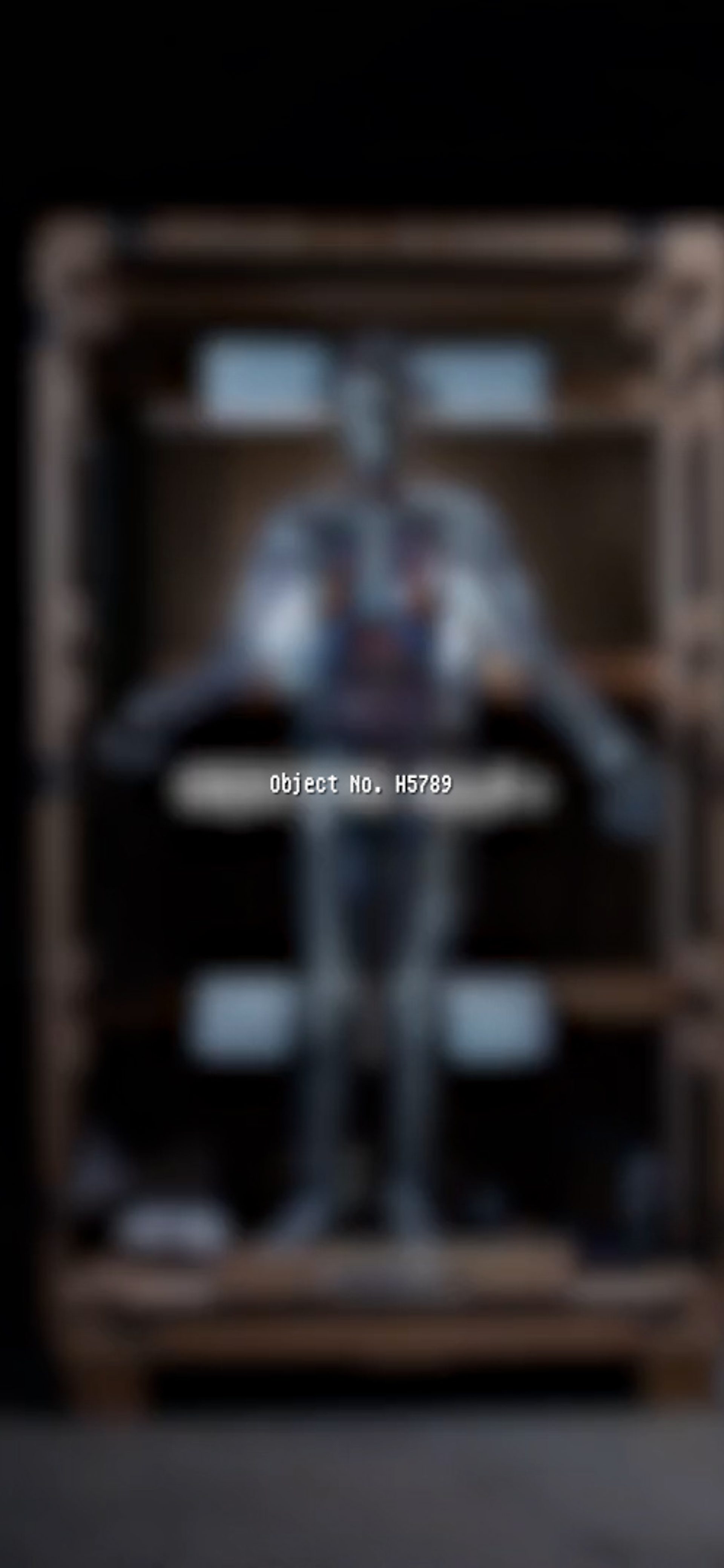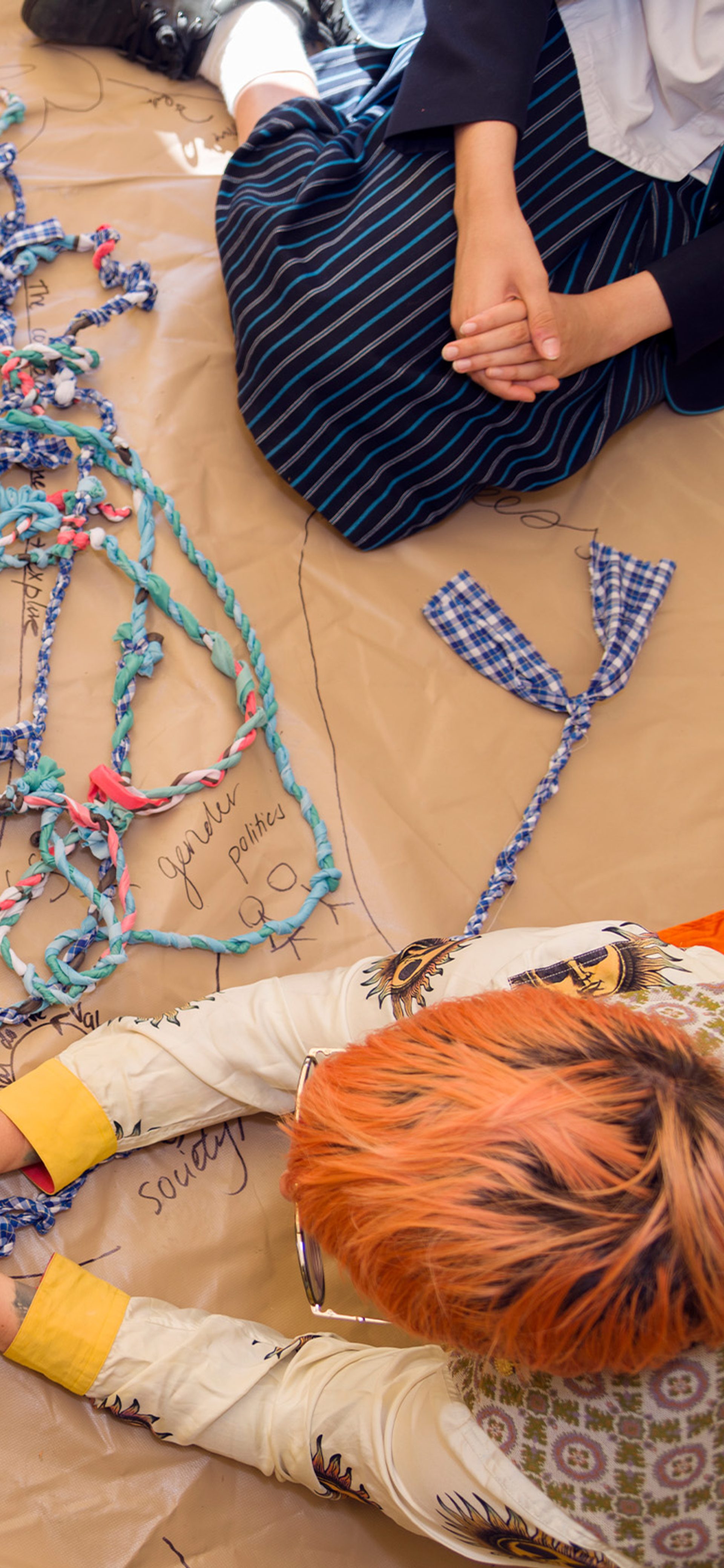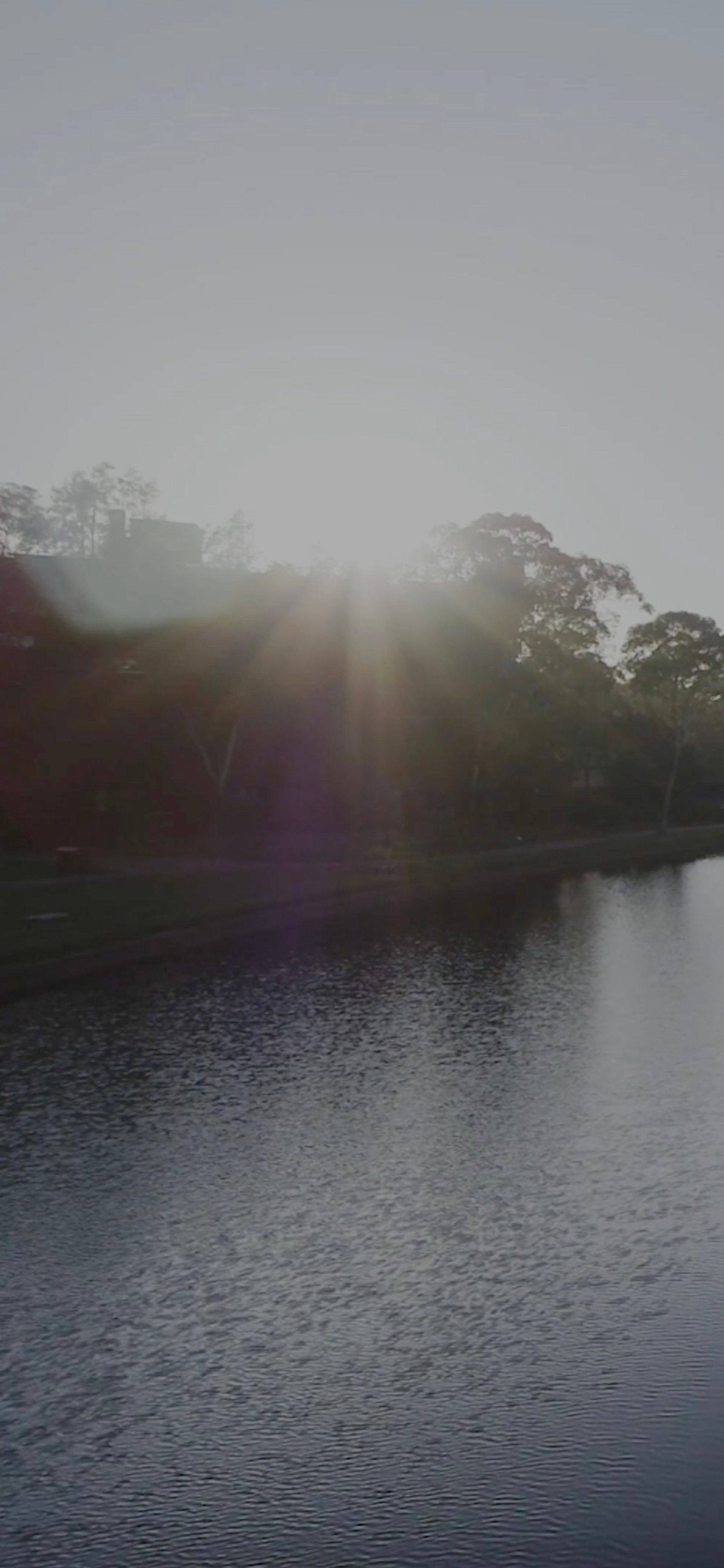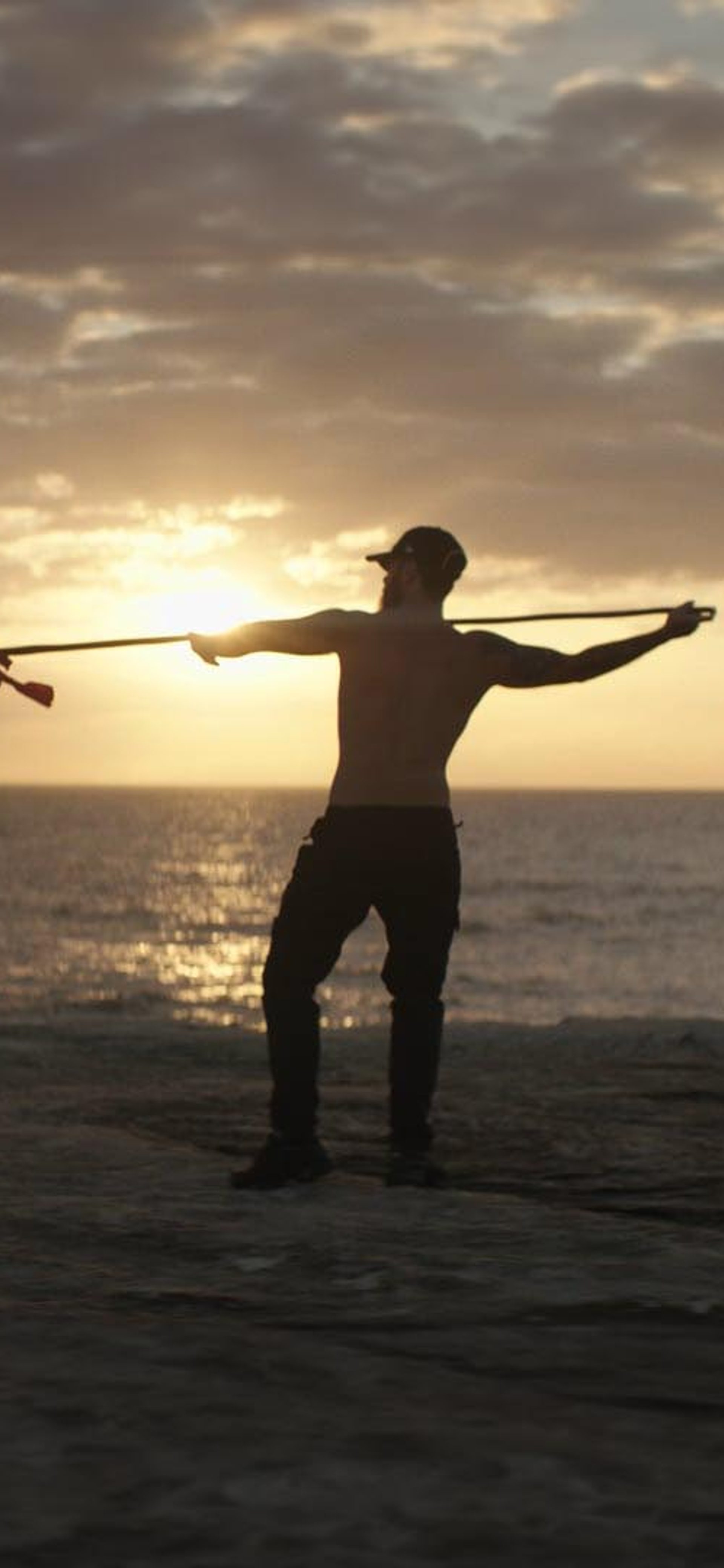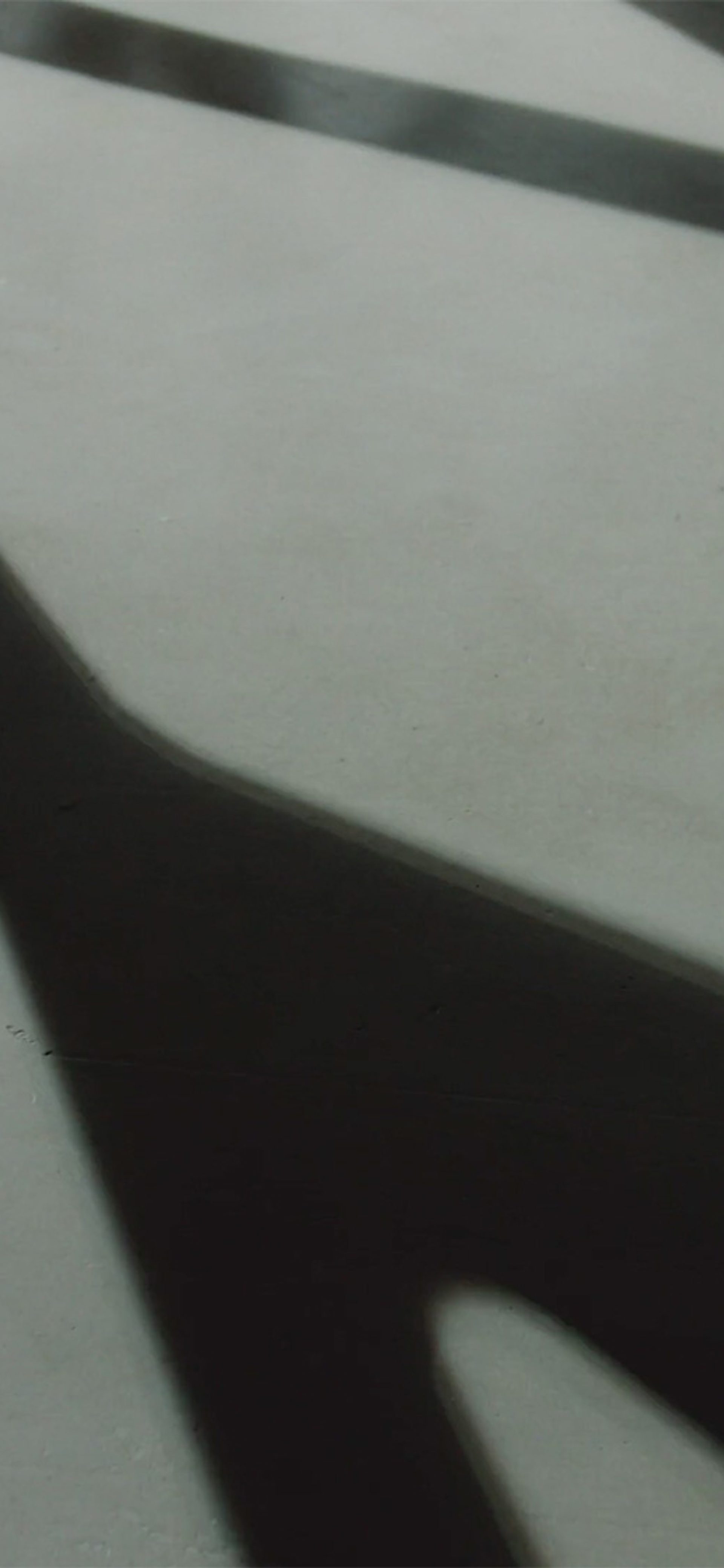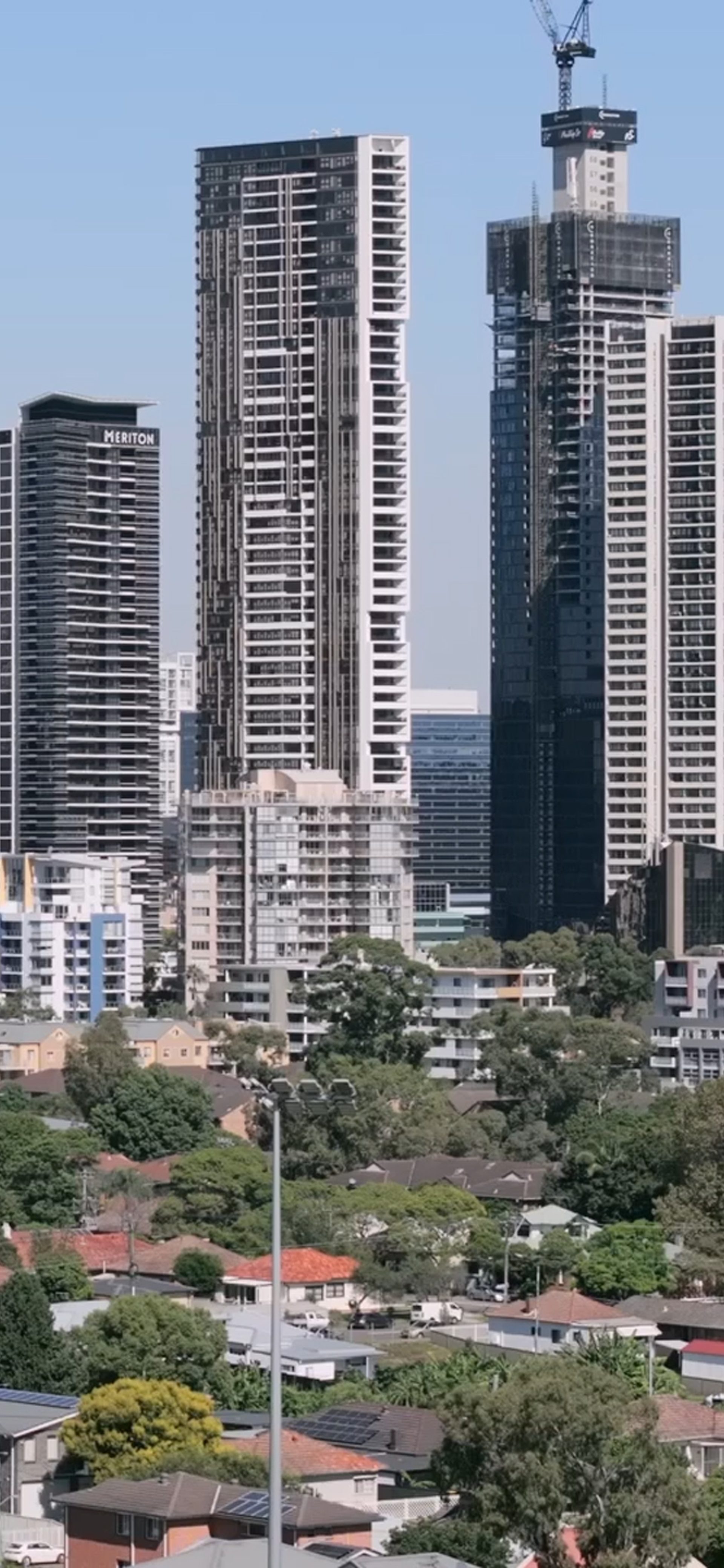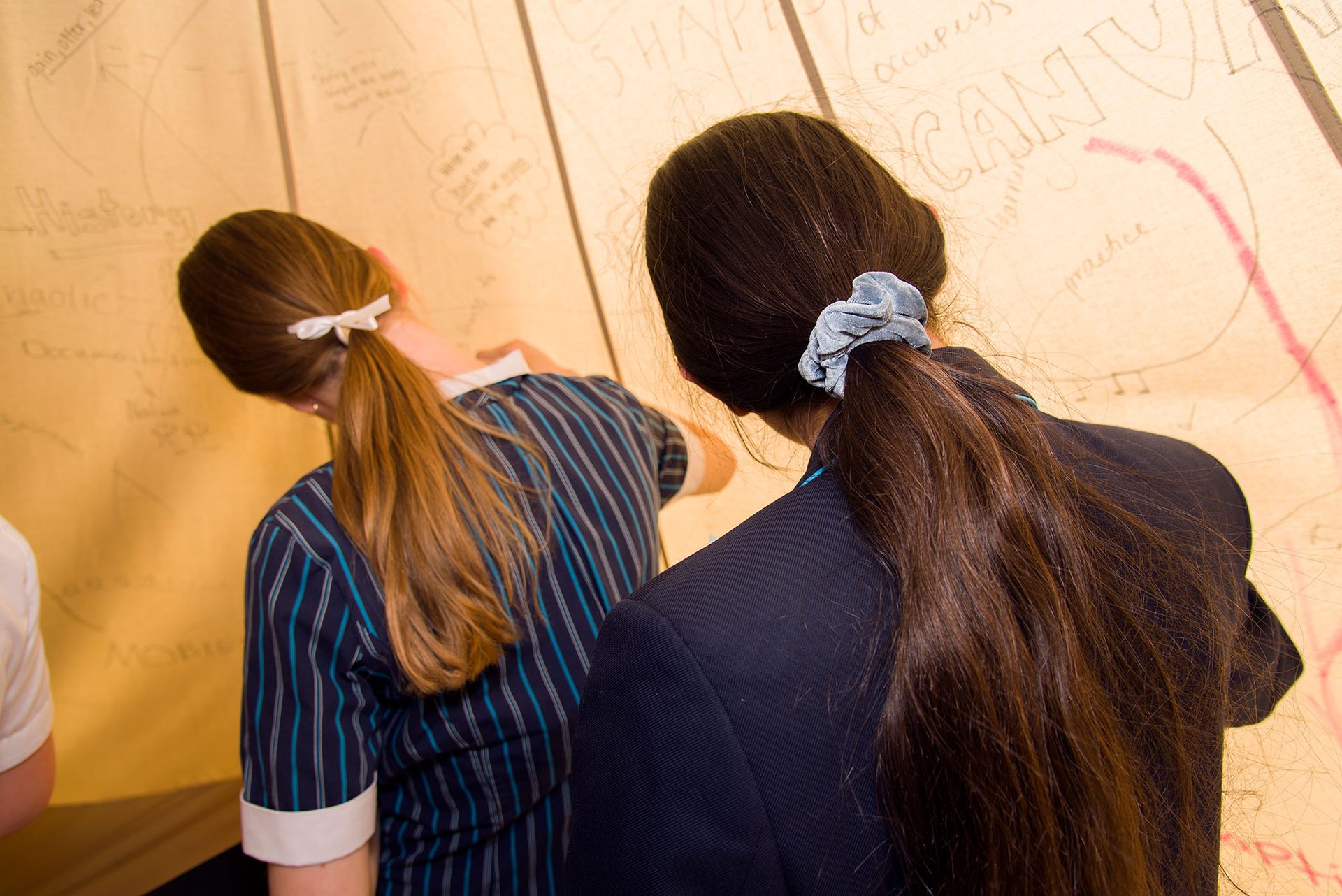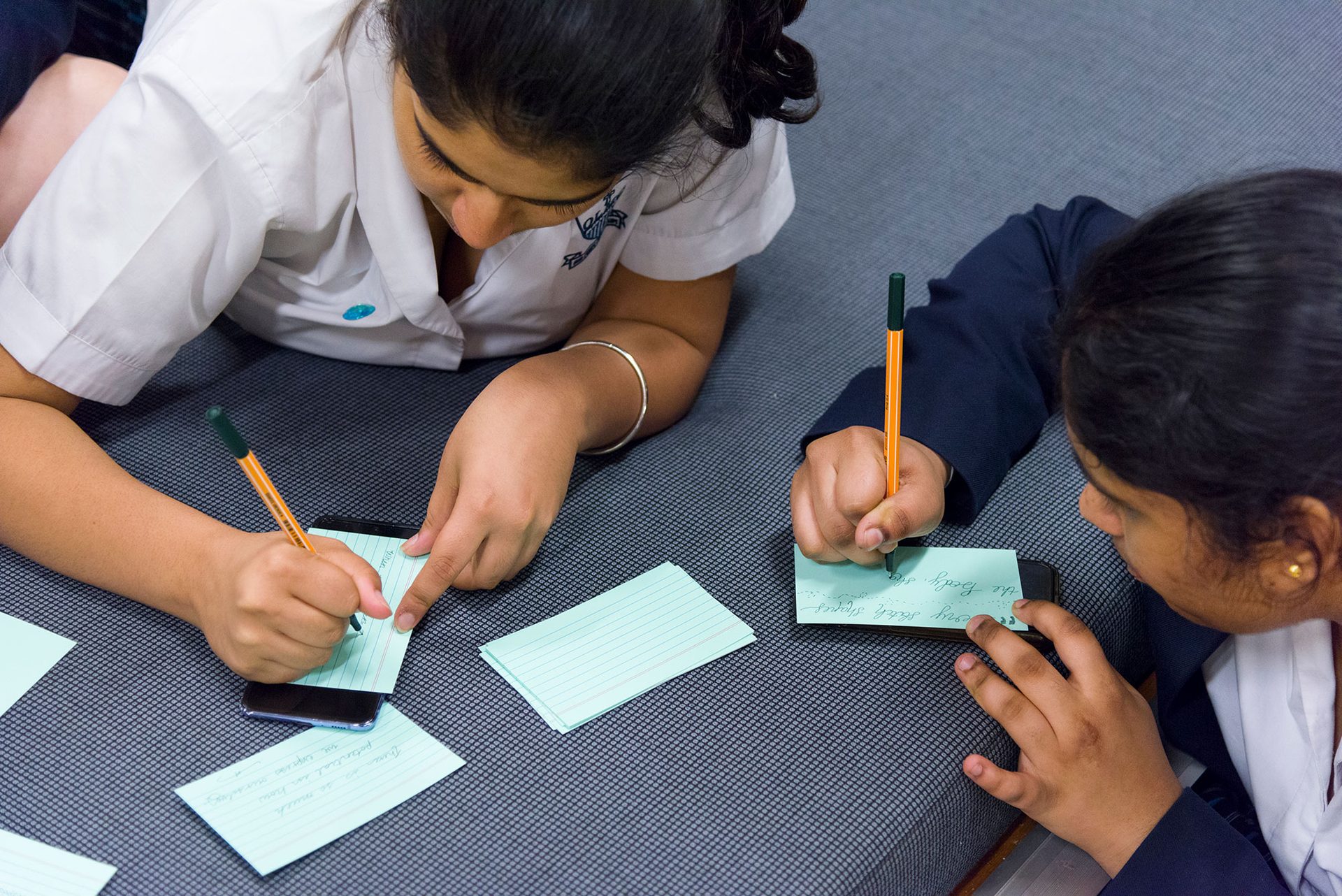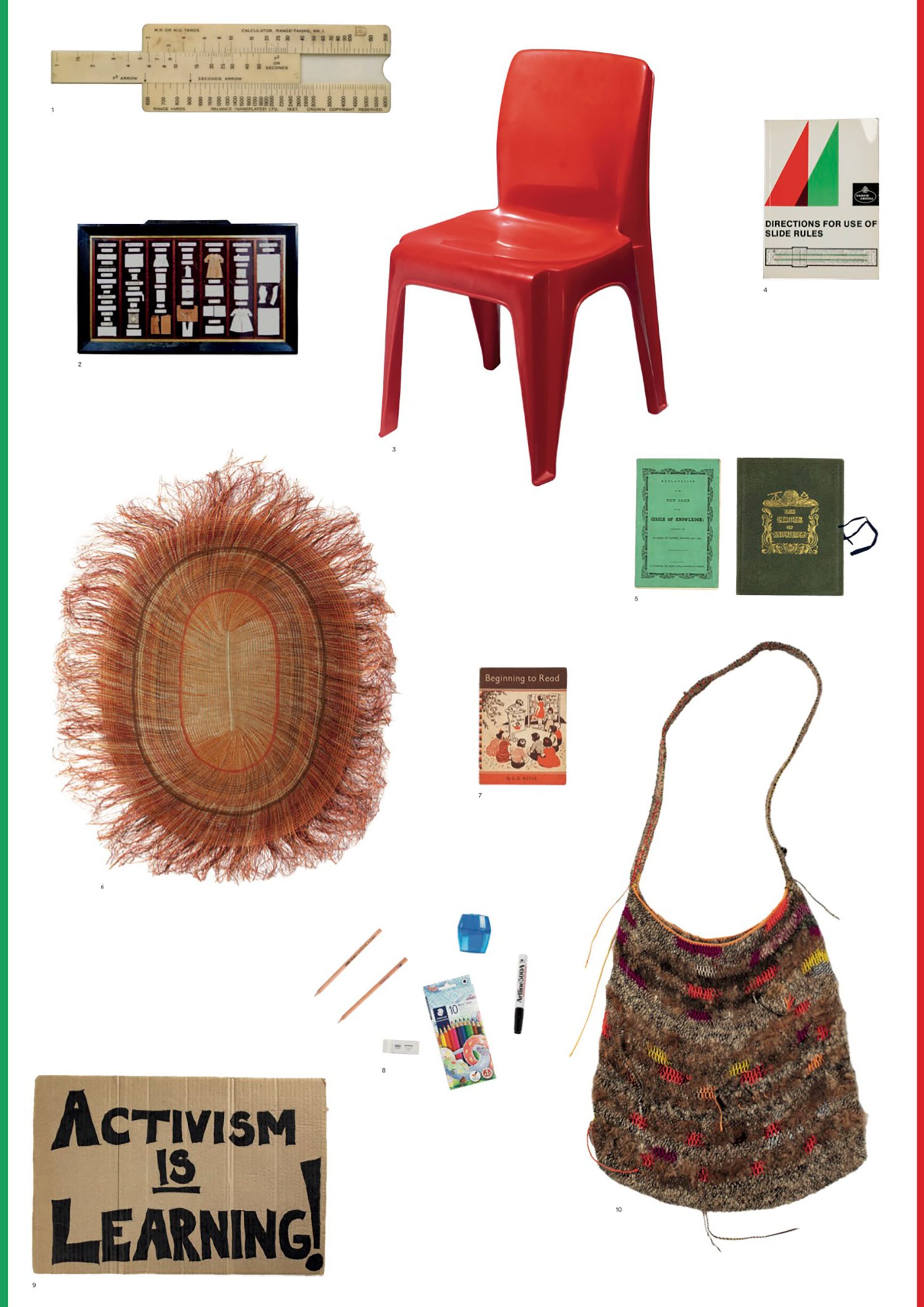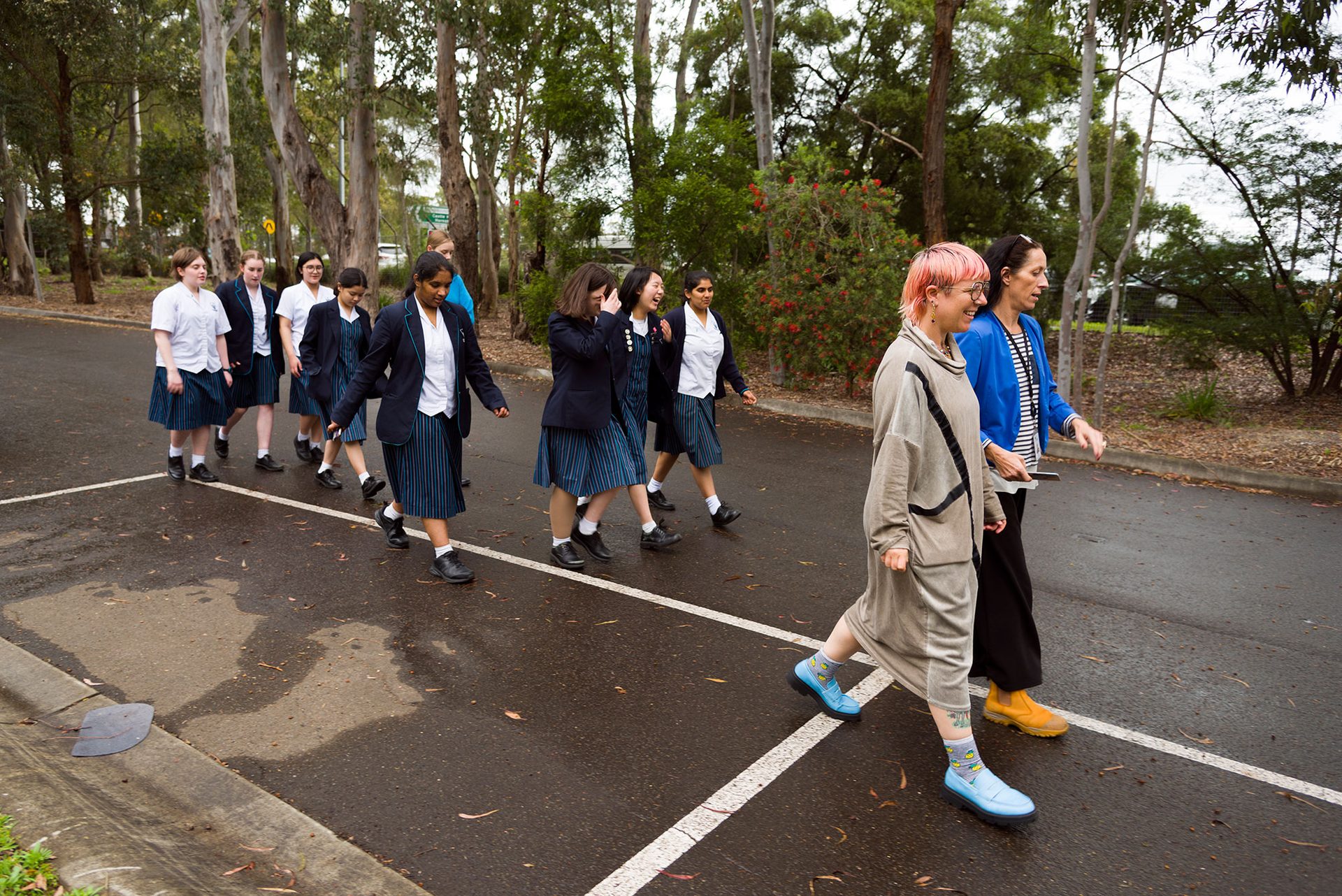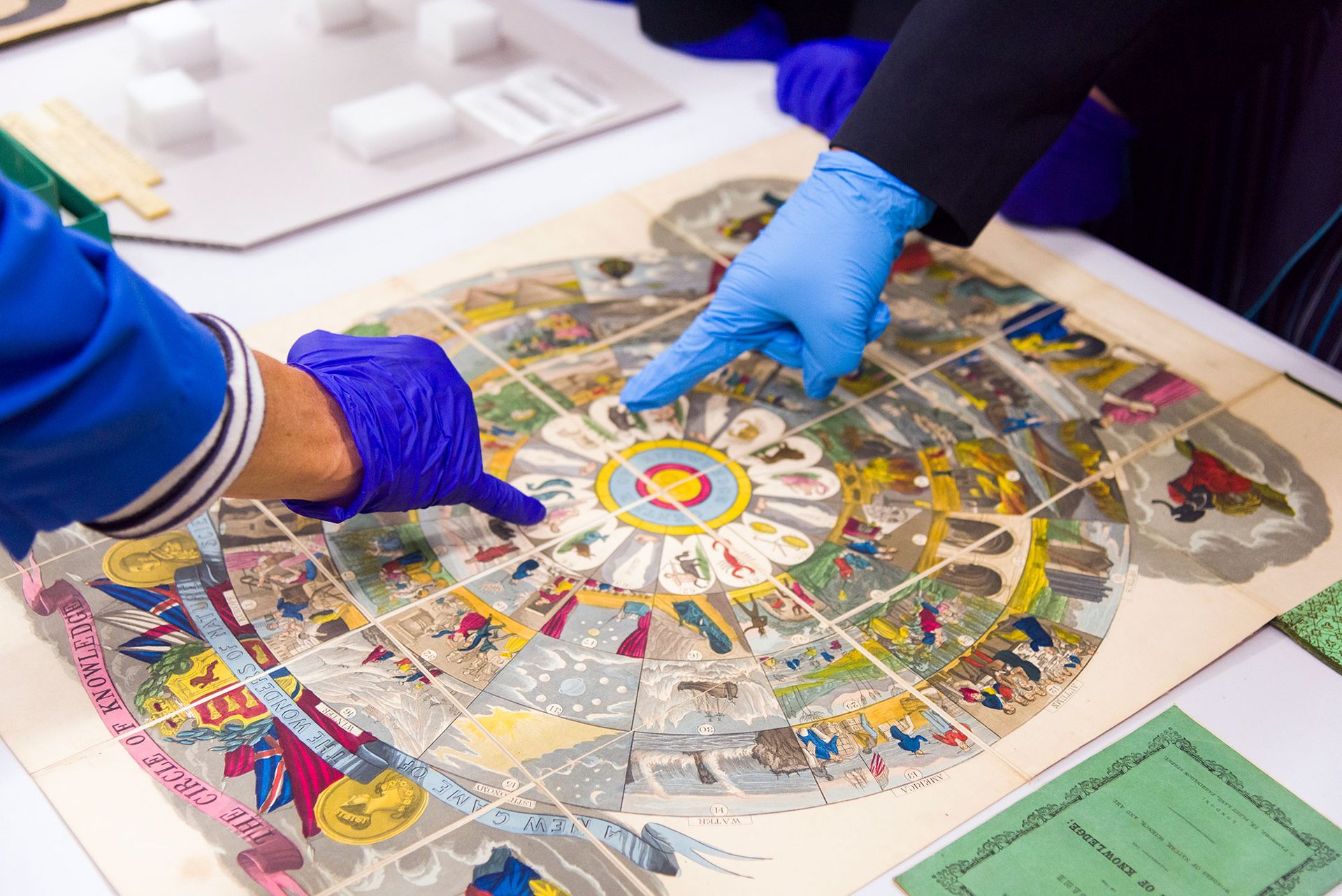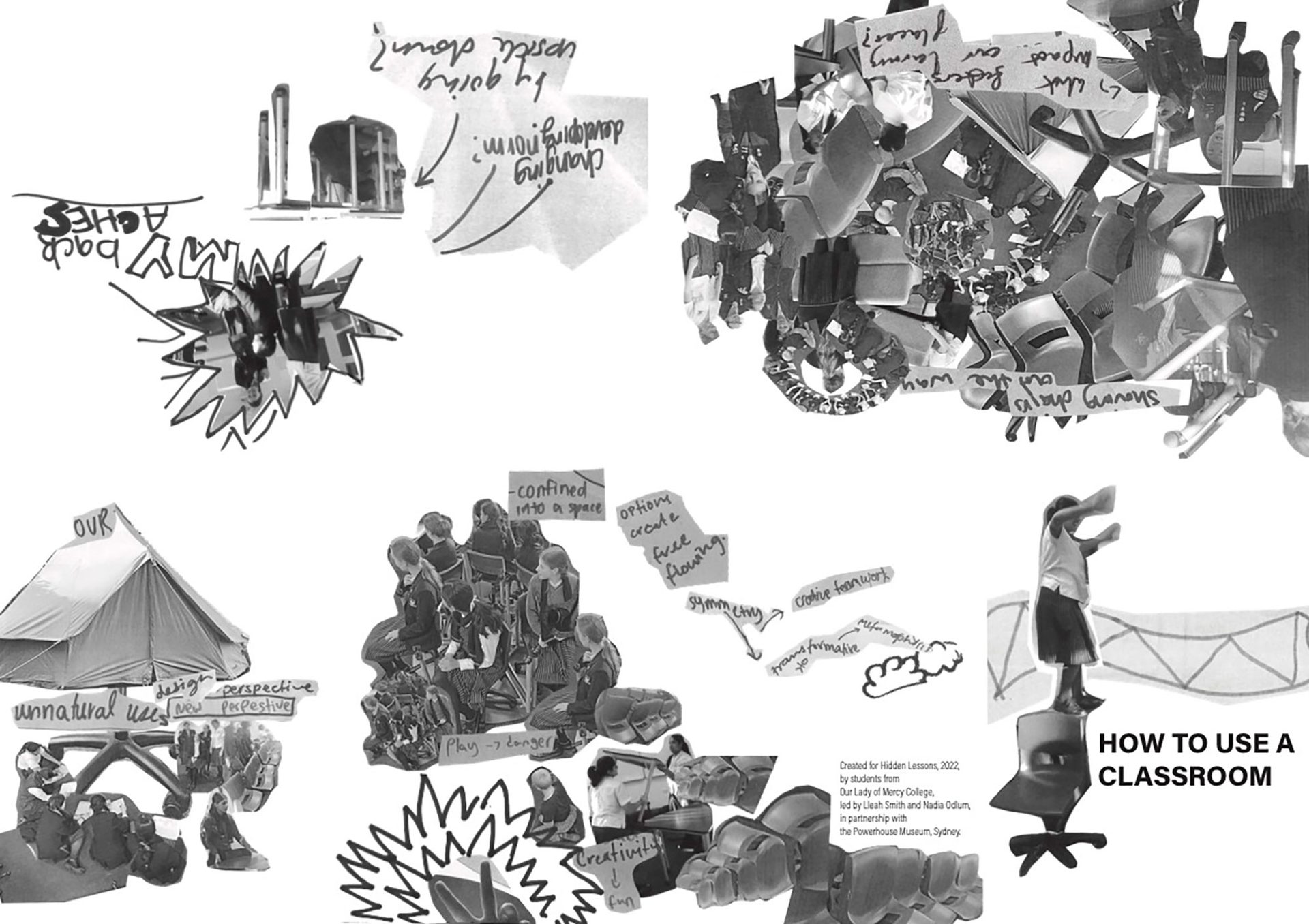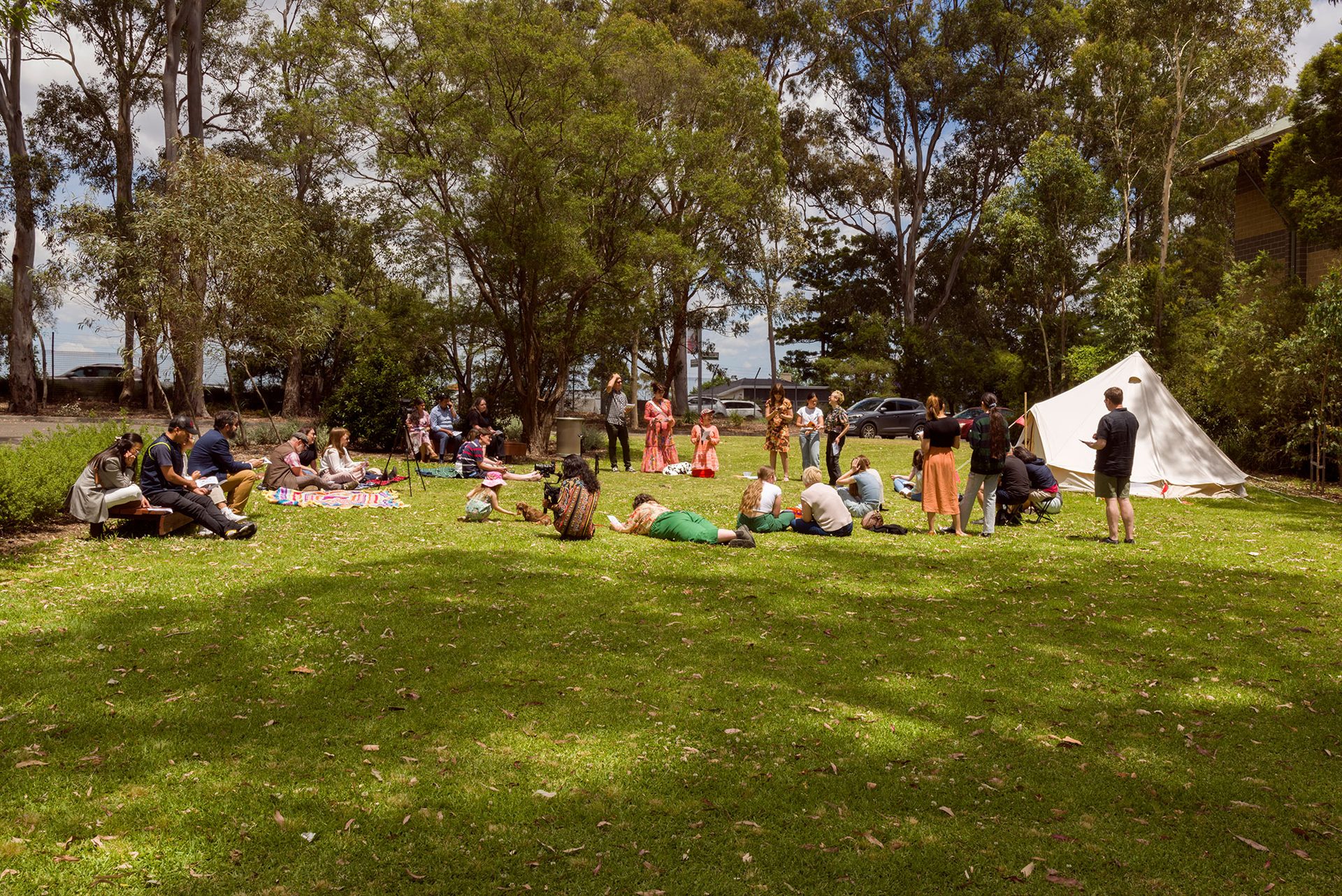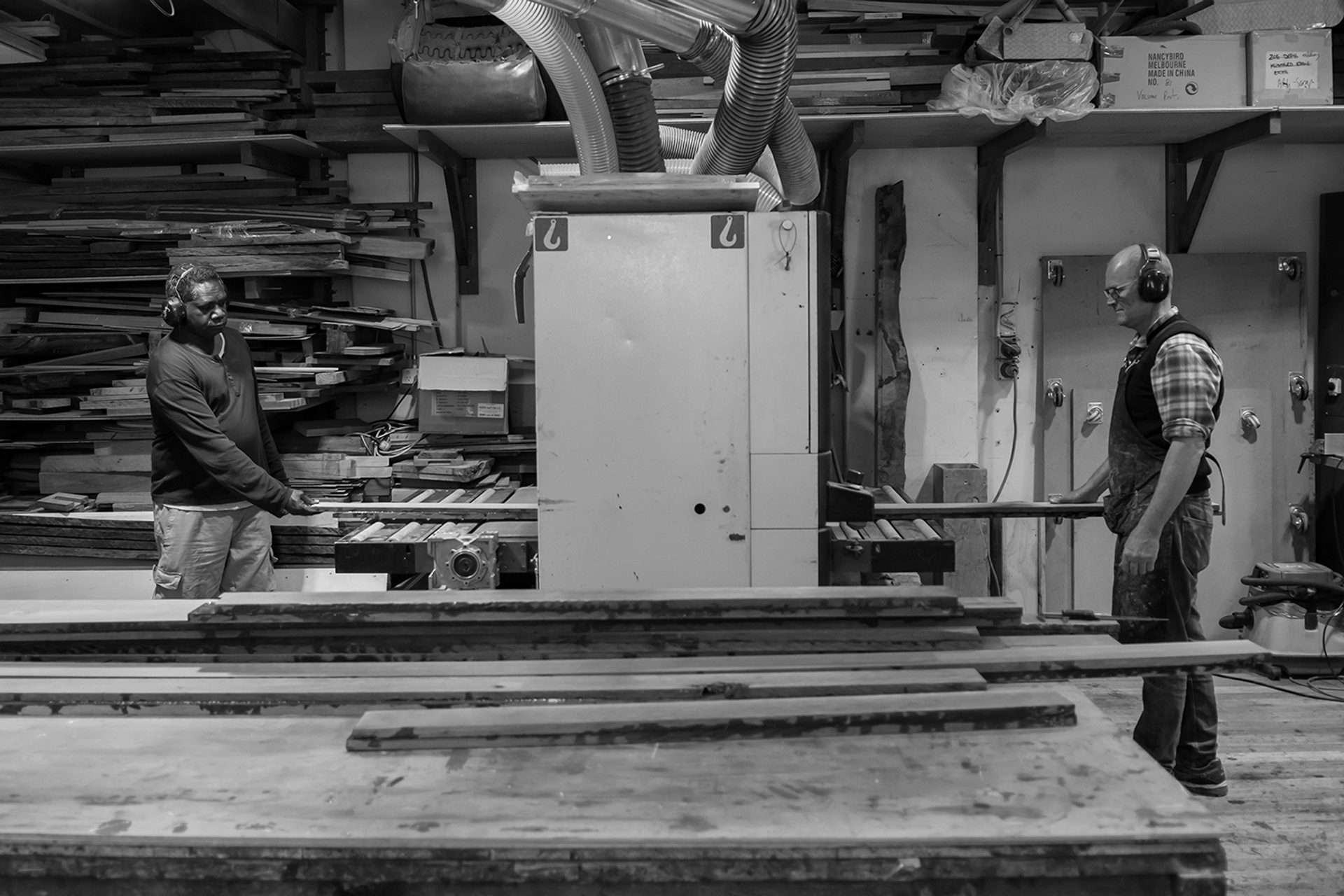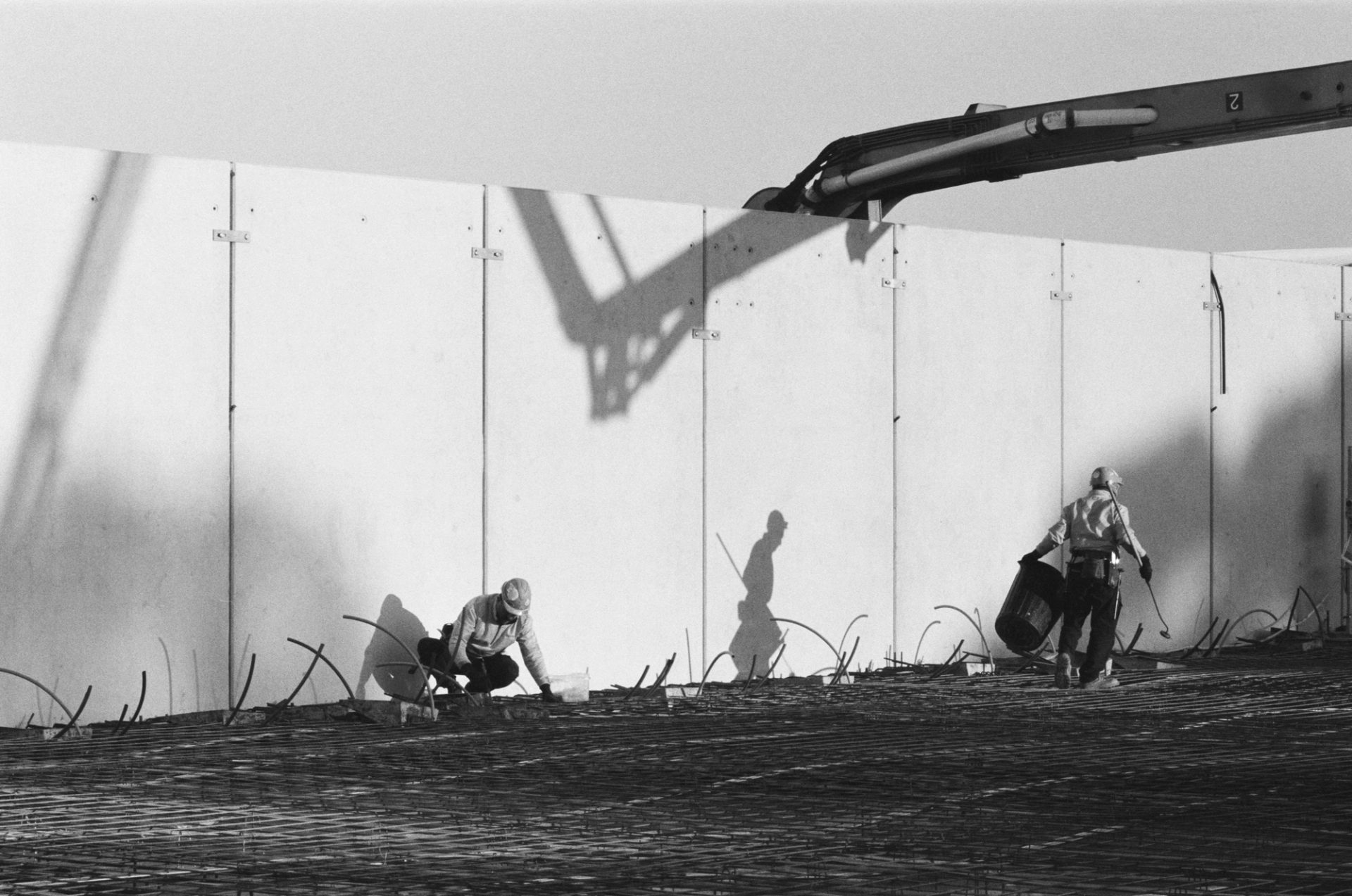Hidden Lessons

Who do we learn with? Where do we learn? What do we learn with?
Hidden Lessons created in Sydney on Darug Land over six months, is the culmination of a student-led, pedagogical project that encourages learners to interrogate their own educational experience: who we learn with, where we learn, and what we learn with in the wake of Covid-19, incorporating objects of everyday life from the Powerhouse collection.
The students from Our Lady of Mercy College, Parramatta, took part in this project developed and led by Lleah Smith, Artistic Associate of Powerhouse and Nadia Odlum, Artist in Residence at Parramatta Artists Studios. Through collective knowledge generated in the sessions together learners created their own temporary ‘Museum of Hidden Lessons’ which honours a significant shift in educative practices and invites speculation on how learnings from the pandemic may inform future pedagogical models. This ‘museum’ sits alongside a display of Powerhouse collection objects explored through the project.
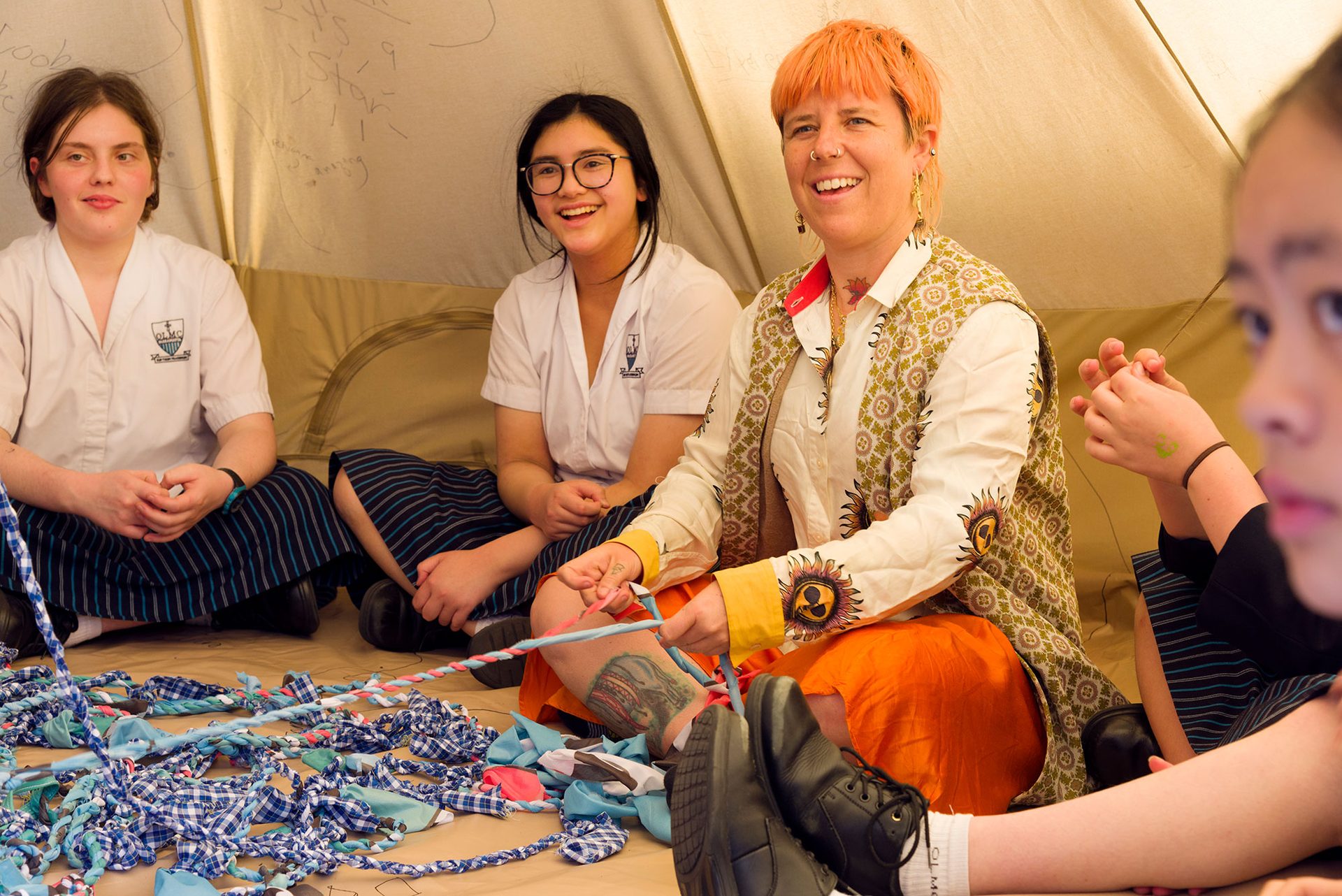
‘Arising from the collective knowledge generated in our sessions together, the learners created their own ‘Museum of Hidden Lessons’’
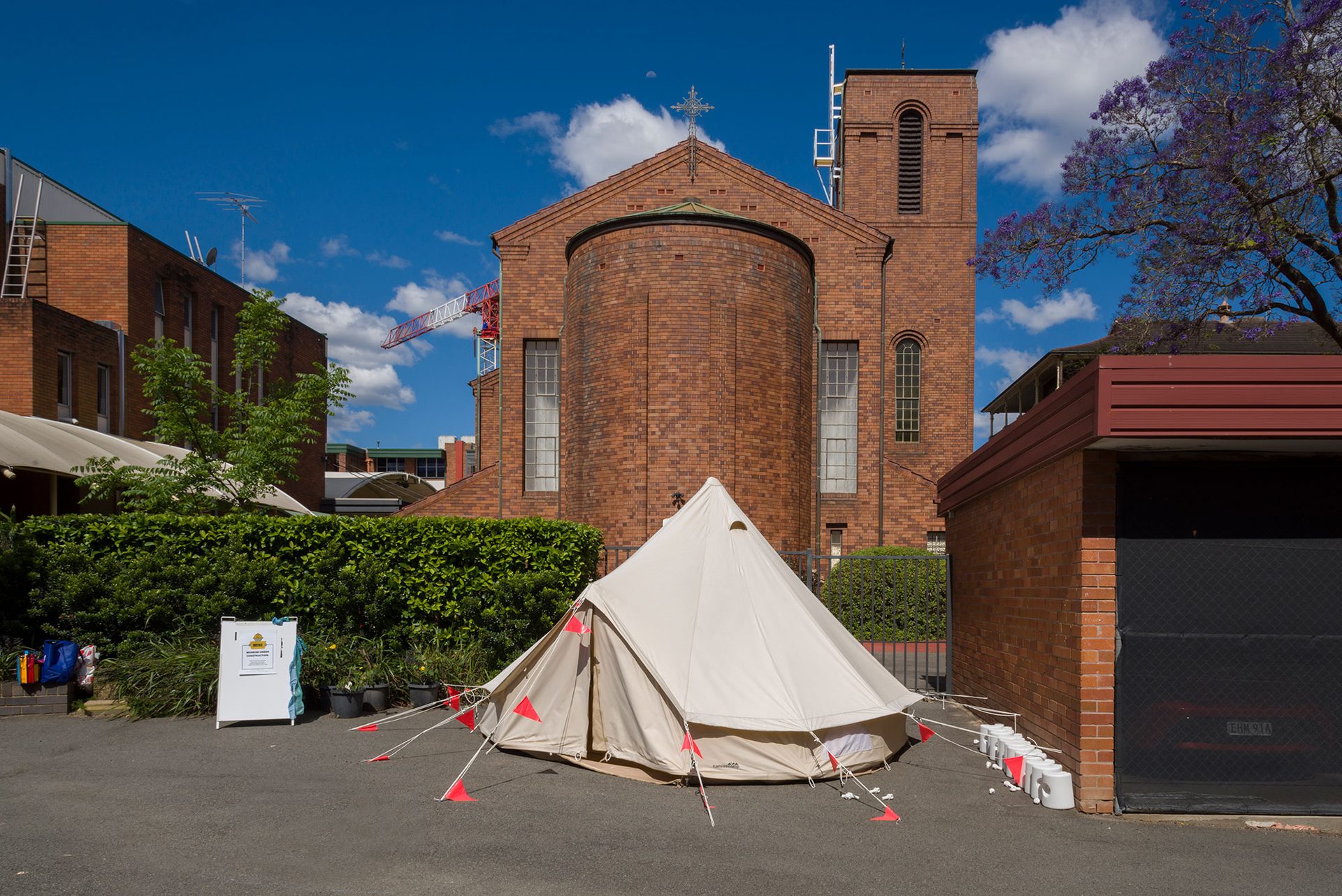
Housed in a temporary structure, a canvas tent, this museum was erected first on the grounds of Our Lady of Mercy College, and later at the Powerhouse Castle Hill, alongside a display of Powerhouse collection objects explored through the project. As ‘caretakers’ of the Museum, the project participants were encouraged to share the project with their peers and school community, by inviting them into the tent and engaging in reciprocal knowledge exchange rooted in dialogical and material practices.
